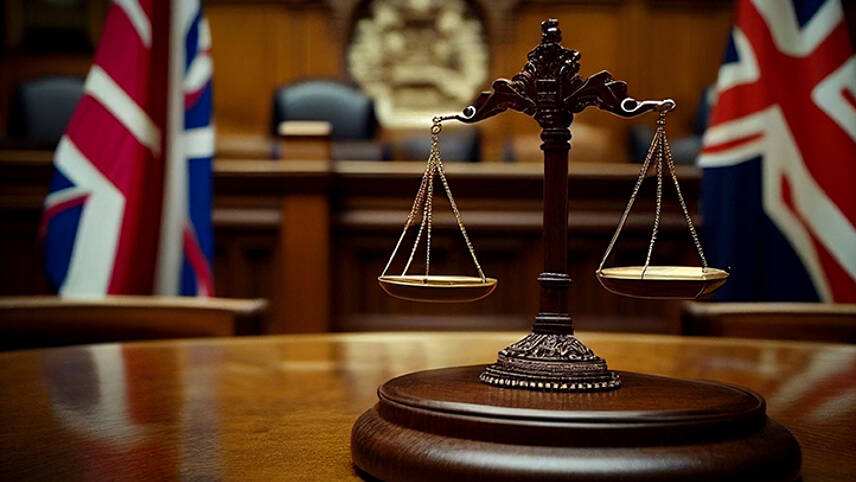Register for free and continue reading
Join our growing army of changemakers and get unlimited access to our premium content

Judge Clive Sheldon ruled in favour of four of the five grounds presented in the legal challenge.
Today (3 May), the High Court has declared the Government’s plan to tackle climate change and decarbonise the economy as unlawful, marking it the second time the Court has done so.
Previously, in 2022, the environmental organisations- Friends of the Earth, ClientEarth and Good Law Project- took the Government to the High Court over what they deemed a deficient climate action plan.
The High Court ruled in favour of the organisations, citing breaches of the Climate Change Act 2008 (CCA) and mandating the Government to revise its approach to net-zero emissions. The Government published the revised plan, dubbed as Carbon Budget Delivery Plan, in Spring 2023.
It bears noting that the plan was announced before the Government announced a series of key net-zero policy U-turns in September of last year, resulting in a loss of confidence within the nation’s green economy, investors and the general public.
Earlier this year, the three organisations filed another case against the updated plan, claiming that it still contained many of the same pitfalls as before, including the reliance on “unproven” technologies such as carbon capture and storage (CCS) and the lack of ‘clarity’ on how the Government aims to meet its legally binding carbon emissions reduction obligations.
Judge Clive Sheldon ruled in favour of four of the five grounds presented in the legal challenge.
This announcement comes as polling reveals that the Conservative Party has lost more than 120 council seats in the local elections, which took place yesterday. It is anticipated that this number could reach 500, which represents half of the seats the party is defending.
Labour Party leader Keir Starmer has stated that this result “sends a message” to the current Prime Minister Rishi Sunak, calling on him to “make way”.
The general election, expected to occur this year, is looming. Despite the Conservative Party’s efforts to postpone it, the High Court ruling, combined with significant losses in local elections, could expedite the process.
Some green groups have called the result “a humiliating embarrassment for the Government”, with questions arising over whether there will be an immediate revision of its plan or a delay until the next general elections
Industry Reaction
Ed Matthew, campaigns director, E3G:
“This is a humiliating embarrassment for the government. This is the second time their climate strategy has been found by the High Court to be too weak to meet the UK’s climate targets.
“It comes on the day of the local elections when they are losing council seats across the country. These are not unrelated events.
“A government that turns its back on ambitious action to protect its citizens from the greatest long term security threat we face and falls back in the economic race to build a clean tech economy, is not a government that people want to vote for. They are making themselves unelectable.”
Katie de Kauwe, lawyer, Friends of the Earth:
“This is another embarrassing defeat for the government and its reckless and inadequate climate plans. We’ve all been badly let down by a government that’s failed, not once but twice.
“We urgently need a credible and lawful new action plan that puts our climate goals back on track and ensures we all benefit from a fair transition to a sustainable future. Meeting our domestic and international carbon reduction targets must be a top priority for whichever party wins the next general election.”
James Alexander, chief executive, UKSIF:
“Today’s ruling is more evidence of the UK’s failure to meet its climate targets. This risks further alienating investors seeking a coherent and consistent policy approach to the net-zero transition, putting growth and jobs at risk.
“The Government must urgently update its plans to give confidence to investors and businesses that the UK is open for business in the green industries of the future.”


To stop the net emissions of fossil carbon in the UK by 2050 requires an action plan agreed by all political parties that cannot be changed by the elected government unless the change is agreed by all signatories to the plan. This is because the 5 year election cycle will tend to promote actions that produce results within the 5 year period to ensure the incumbent government has a good chance of re-election.